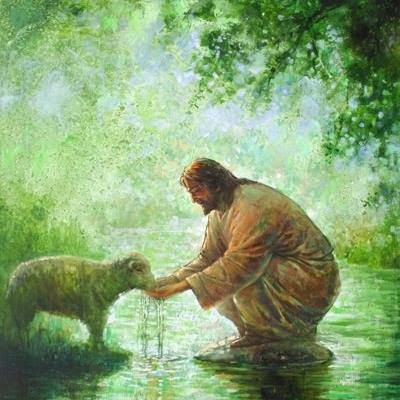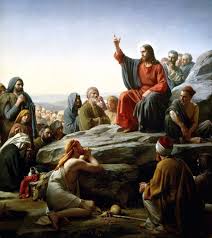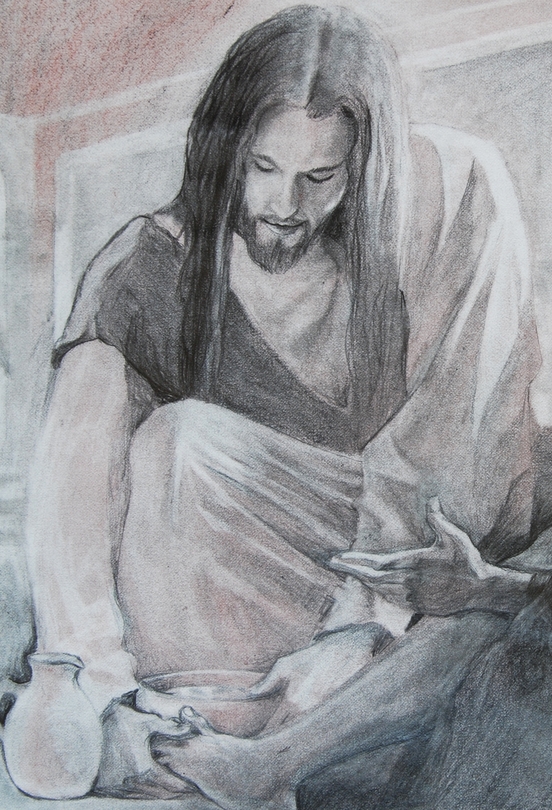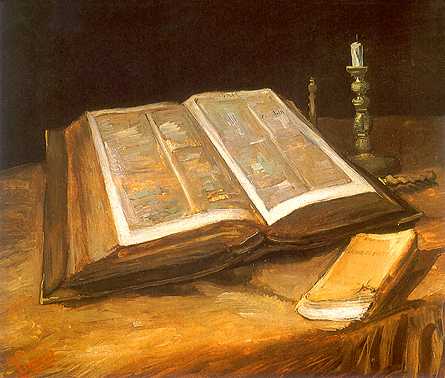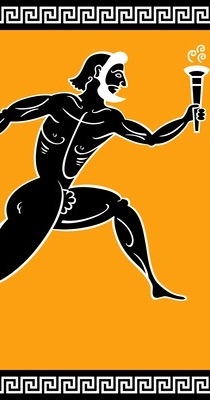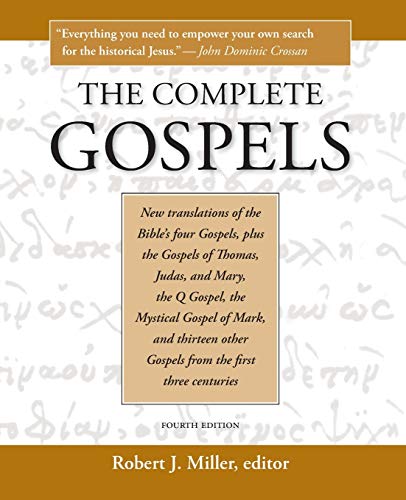I recently heard a Christmas Eve sermon titled “Mary Had a Little Lamb,” recited entirely in rhymed couplets and delivered without a manuscript. Running for nearly eleven minutes, it was quite a remarkable feat.
I was . . . suddenly so uncomfortable with the words I have always known to say during communion
I heard a contemporary hymn on Sunday morning during the Eucharist and fell in love with the melody. It was the “Untitled Hymn
From the Celebrating Mystery collection
Our senses and our use of them are part of God's creation. To attempt to deny our senses is as much an insult to God as is the misuse of them.
From the Boundless Life collection
I sing a song of the woman's voice Tender and strong and clear; Of those who longed to gain the vote Despite men's doubt and fear;
The idea of a second coming of Christ is a mystery, if not explicitly controversial. Jesus’ followers apparently believed he would return during their lifetime after he was crucified. When that didn’t happen, later followers gradually changed the belief into an indefinite “someday.” After two thousand years of waiting, most Christians no longer look for it to happen in their lifetimes and acknowledge that Jesus may have been speaking metaphorically about his return. It is just as likely that those words were put into Jesus’ mouth by the gospel writers themselves. Wishful thinking?
The four gospels divide Jesus’ followers into three groups. The Greek word “ochloi” refers to the crowds who gathered when Jesus preached; “Mathetes” refers to the followers who stuck around for more teaching; and “Apostolos” refers to the disciples, those chosen by Jesus as his inner circle.
Jesus' Way of Confounding the Trophy-centric Ways of this World
The ancient Olympic games were a series of athletic competitions between city-states. The results determined who were the winners, and who were the losers. But during the games, any conflict between the warring states was forbidden. If ever there was a time when that Olympic torch should be lit and never be extinguished, perhaps this is it. But how? It seems international good sportsmanship inside the stadium can only be assured by heavy security on the outside; where unruly competing self-interests would seek to turn winning at all cost into a blood sport. The previous Words & Ways commentary explored a foolish kind of wisdom once espoused by a Galilean sage through his teaching, the parables he told, and even the seeming absurdity found in his miracles (see "The Foolishness of Jesus"). It is this same Jesus tradition that also proposes such counter-cultural notions that one can “win by losing," and “the last shall be first." Here's John Bennison's latest commentary from Words & Ways.
The Complete Gospels is the first publication ever to collect the canonical gospels and their extracanonical counterpoints under one cover. The selected extracanonical gospels date from the first and second centuries, are independent of the canonical gospels, and significantly contribute to our understanding of the developments in the Jesus tradition leading up to and surrounding the New Testament gospels.

